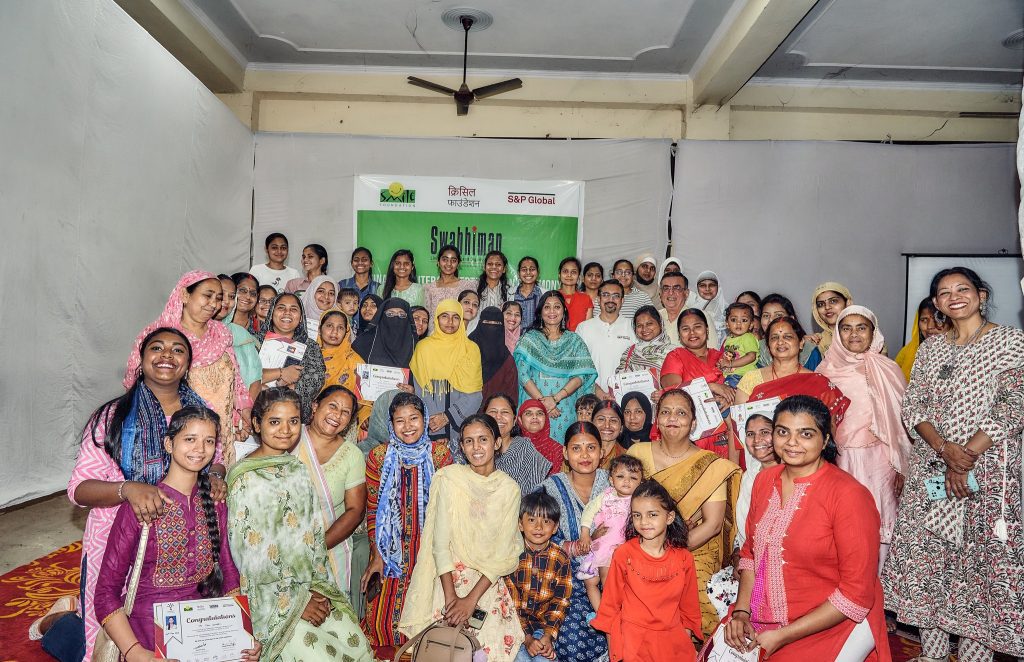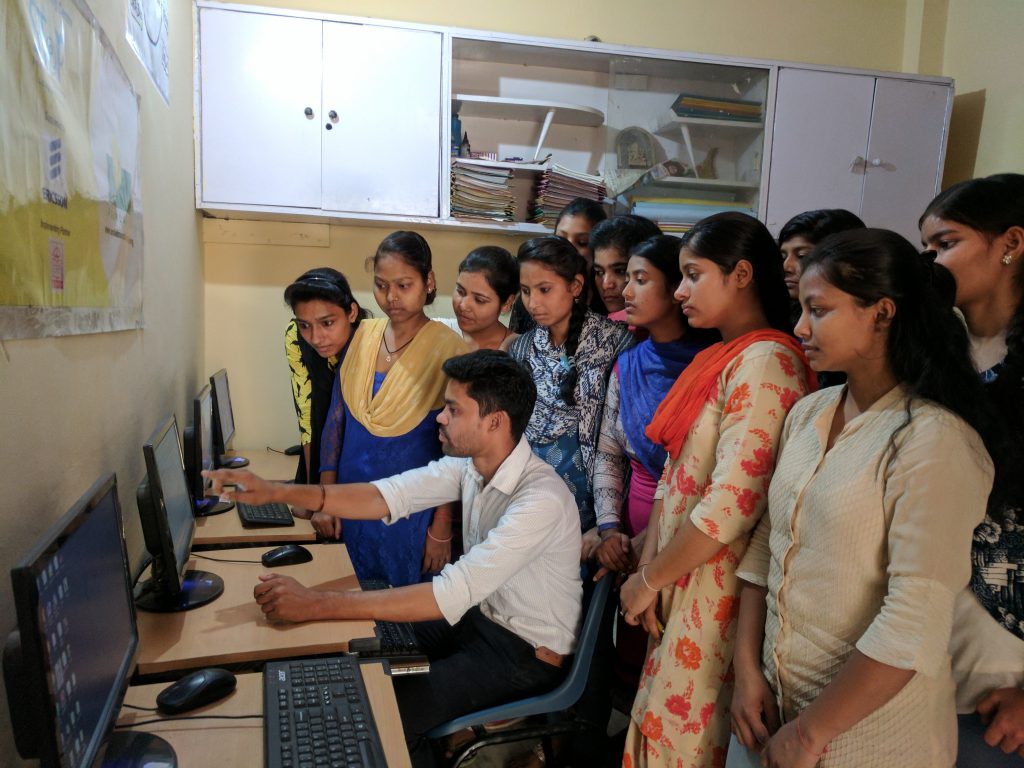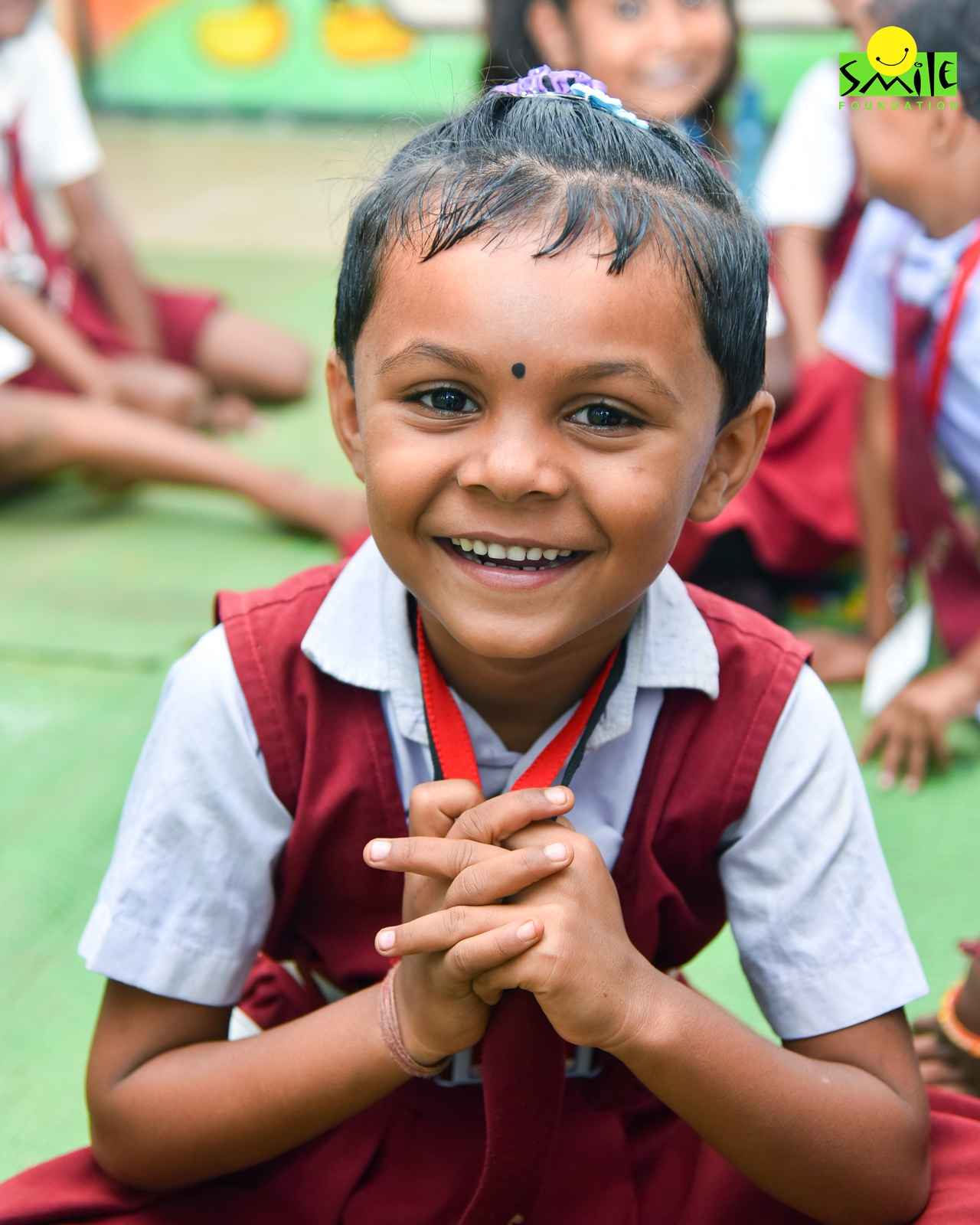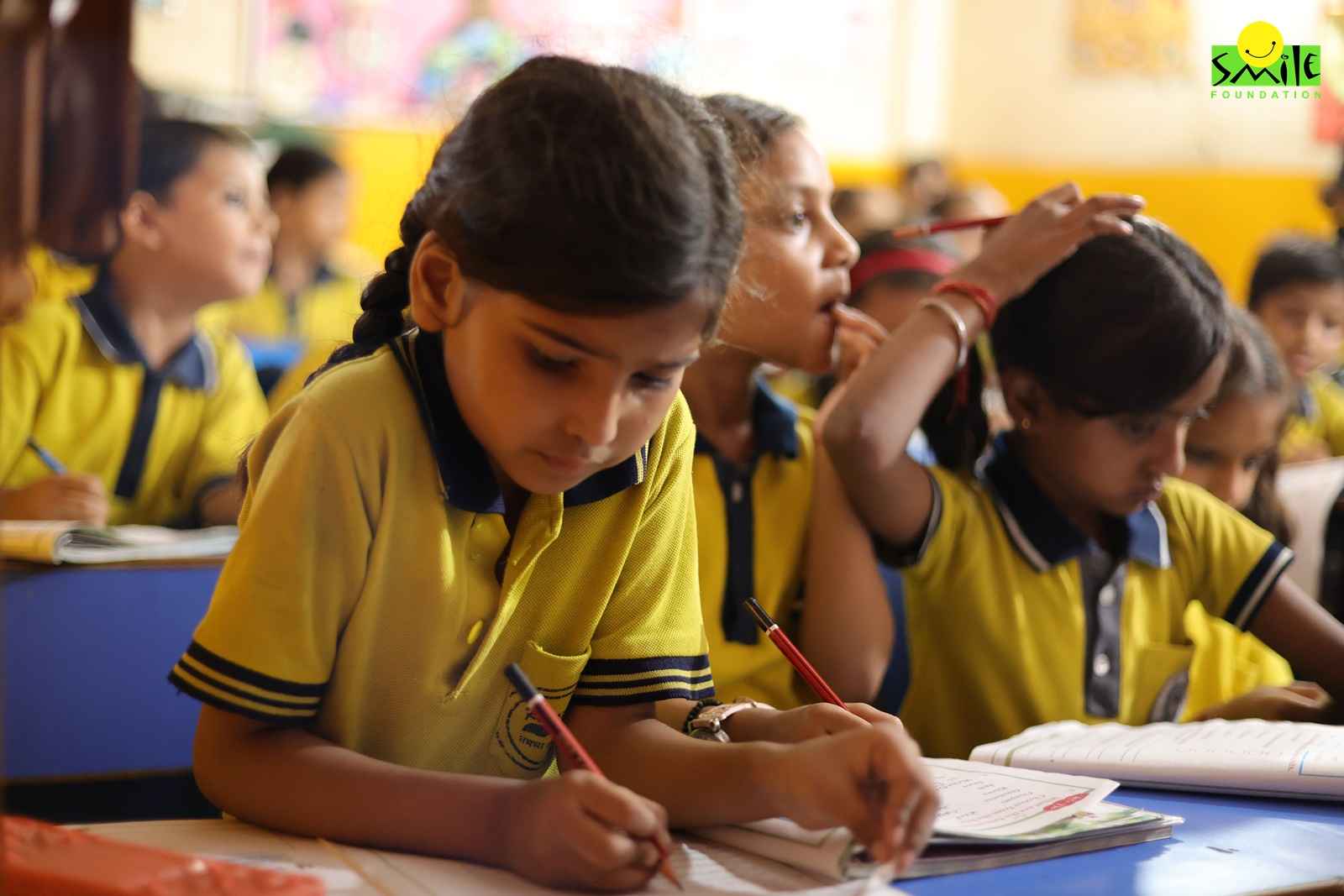Women empowerment is a critical aspect of achieving social, economic, and political progress. It entails creating an environment where women can exercise their rights, make choices, and actively participate in all spheres of life. Women’s empowerment is not only a matter of justice and equality; it is also essential for the overall development and well-being of societies.
Empowering marginalized women is key to fostering social and economic development in India. Nonprofits play a pivotal role in implementing women empowerment programmes that address critical areas such as menstrual hygiene, health, nutrition, and entrepreneurship.
These programmes aim to break the cycle of poverty and discrimination, providing marginalized women with the tools, resources, and knowledge they need to improve their lives and contribute to their communities. Let’s delve into how women empowerment programmes implemented by nonprofits are making a positive impact on marginalized women in India, focusing on the aspects of menstrual hygiene, nutrition, and entrepreneurship.
Menstrual Hygiene
Menstrual hygiene management remains a significant challenge for marginalized women in India. Lack of awareness, limited access to sanitary products, and societal stigma hinder their ability to manage menstruation safely and with dignity. Nonprofits have recognized this issue and are implementing initiatives to address these challenges.
The initiatives educate women about menstrual hygiene, providing information on proper sanitation practices, the use of hygienic menstrual products, and menstrual health management. Nonprofits distribute sanitary pads, reusable menstrual cups, or cloth pads to ensure women have access to safe and hygienic options. They also conduct workshops and awareness campaigns to debunk myths, combat stigma, and promote open dialogue surrounding menstruation.
Health and Nutrition
World Health Organization’s (WHO) data points to India having a high maternal mortality rate of 174 deaths per 100,000 live births, significantly higher than many other countries in the South Asian region. Around 50 million women in India suffer from reproductive health problems. Additionally, Anaemia affects around 50% of women of reproductive age in India, complicating pregnancy and childbirth.
Malnutrition and food insecurity also disproportionately affect marginalized women in India. Nonprofits are tackling these issuez by implementing healthcare and nutrition initiatives that aim to improve the health and well-being of marginalized women and their families.
Focus on providing regular health checkups, and nutritious meals, educating women on balanced diets, and promoting sustainable farming practices take center stage in these initiatives that are implemented after surveys and deep research into the problems faced by marginalized women in India.
Nonprofits collaborate with local communities to establish kitchen gardens and agricultural initiatives, empowering women to grow their own nutritious food and ensuring long-term food security. Additionally, they conduct workshops on nutrition education, emphasizing the importance of balanced low-cost, high-nutrition diets and healthy eating habits.
Moreover, these initiatives often integrate skill development training, teaching women about food processing, preservation, and value-addition techniques. By equipping women with these skills, nonprofits enable them to generate income, create entrepreneurial opportunities, and contribute to their households’ economic stability.
Entrepreneurship
Entrepreneurship is a powerful tool for women’s empowerment, allowing them to become economically independent and break free from the cycle of poverty. Nonprofits are actively engaged in providing marginalized women with entrepreneurship training, financial literacy, mentoring, and access to resources.
Building skills such as financial literacy, business management, marketing, and product development, the initiatives are tailor-made as per the needs of the changing business environment in the country and abroad. Nonprofits offer guidance and support to help women identify viable business opportunities, develop business plans, and access microfinance or small loans.
Moreover, women empowerment programmes in India often facilitate the formation of women’s self-help groups (SHGs), creating a supportive network where women can share knowledge, collaborate, and pool resources. SHGs enable women to collectively undertake income-generating activities, ranging from handicrafts and textiles to food processing and agriculture.
Additionally, nonprofits help marginalized women establish market linkages, connect them with potential buyers or customers, and provide platforms to showcase their products or services. By promoting women-led entrepreneurship, nonprofits contribute to creating sustainable livelihoods, improving economic outcomes, and challenging traditional gender roles.
Women Empowerment Programmes in India and Smile Foundation
Women empowerment programmes in India are making a significant difference in the lives of marginalized women. Smile Foundation is also trying to bridge the present gender inequality through its women empowerment programme, Sawbhiman.
By addressing menstrual hygiene, nutrition, and entrepreneurship, Swabhiman provides a holistic approach to women empowerment. The programme empowers women by promoting menstrual hygiene awareness, ensuring access to hygienic products, improving nutrition and food security, and equipping women with skills, and organising financial literacy workshops to live with dignity and autonomy.









